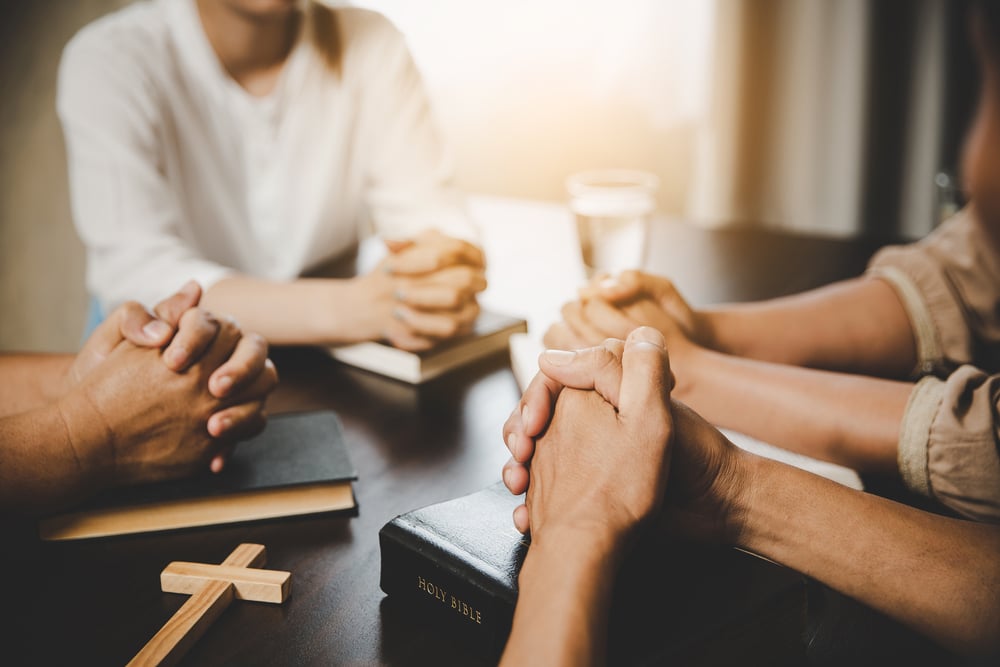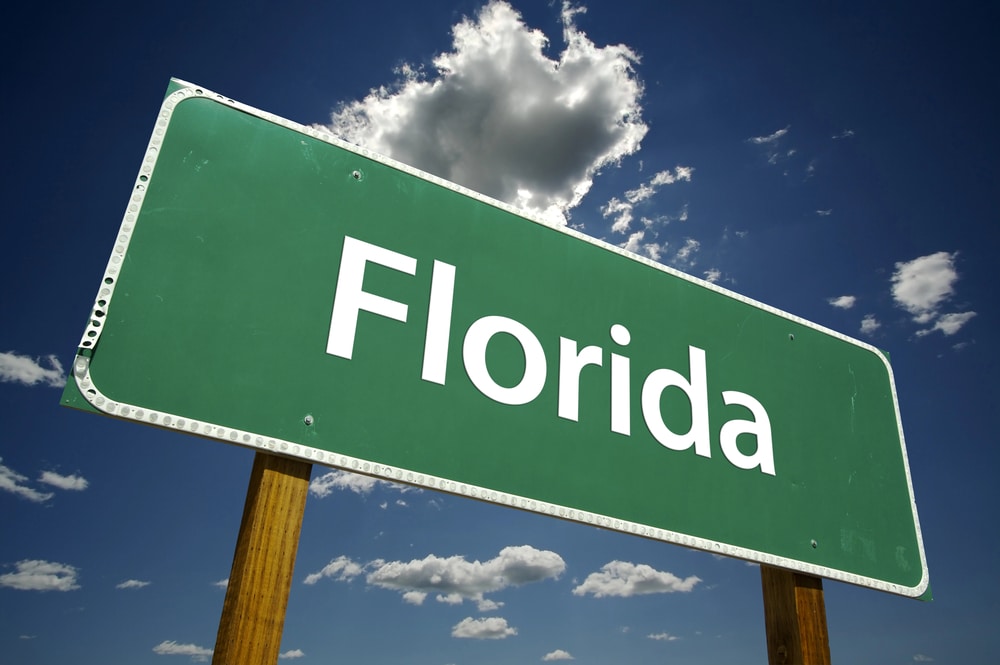Are you a young adult and concerned about your financial education? Are you a parent, and want to prepare your teen to succeed in today’s complex financial world?
Only 1 in 10 American teens get a top rank for financial literacy. Recent studies show that 22% of American students do not have financial literacy. This means that they are not able to identify financial products and make a simple decision on everyday spending.
The United States comes out 7th in the world in terms of financial literacy. Many countries around the globe consider financial literacy to be a core part of education. However, in America, only 17 states require high schools to provide a financial education course.
What can you do if your school does not prepare you with financial skills? Take charge and get the skills you need to be ready for financial health.
Here are 5 tips to help you boost financial literacy skills—for yourself or your teenager.
Start Smart
One of the best steps is to open a checking account. Many financial institutions want to encourage young adults to get familiar with managing money. Banks and credit unions make it easy for teenagers to get started with an account.
For example, if you are between 13-17 years of age in San Diego, you can open your first checking account with only $25. If you are under 16, you can do this in the presence of your parent or guardian. If you have a government-issued I.D. and are 16 or 17, you can open the account on your own. Opening a free checking account is a great way to start managing money.
Manage Your Cash
Cash may seem like an odd place to start, given the cultural reliance on credit cards. However, if you know how to manage cash, you’ll likely be in a stronger position to handle credit cards, savings accounts, and checking accounts.
Start to track your spending with cash. If you have a part-time job or an allowance, you know how much money you have to spend each month. Put this amount into an envelope, and track what you spend it on.
The great thing about cash is that you know when you are running low, or if you have enough to cover what you want to buy. It’s simple…how much is in the envelope?
Make a Budget
As a companion to your checking account, paying in cash, and buying daily purchases, it helps to have an overview. An overview is also called a budget.
A budget can be simply divided into a couple of categories. What is essential? This may be gas for a car, money for a school uniform, or essential food. What is extra? This can be for things like luxuries such as subscriptions, memberships, and entertainment.
When you are on a tight budget, you will shift perspective. You have to cut out things to manage your money. You can also look at ways to increase the money you earn.
Start with local options such as:
- Part-time work
- Gig jobs
- Childcare
- Yardwork
- Tutoring
Ask your friends, neighbors, and family. Check with the people in your community. Put together a schedule of jobs that you can get to easily. This will help you have more flexibility in your monthly budget.
Take Consistent Steps
In many ways, training for financial health is best compared to training in a gym. You can achieve your goals – if you get started. It helps to have an overall plan, take consistent action, and get expert help.
If you’ve ever worked on your physical fitness, you know that the first step is identifying your current state. This isn’t always pretty or fun. If you’ve been inactive, starting can be tough. But, once you ‘name’ it, you can change it.
Financial health is very similar. You might feel clueless or broke. Dealing with money, assets, and real estate may be like speaking a foreign language. Yet, you have to start where you are.
By naming the problem and taking consistent steps, you can achieve your goals.
Ask For Help
As you start to improve your financial understanding and experience, it’s good to ask for help. Ask your parents for guidance in understanding how to build a budget and manage money. Adults are eager to help young adults to gain confidence and boost financial education. You are not alone. Reach out to teachers at school to build your knowledge about money, risk assessment, and finance.









